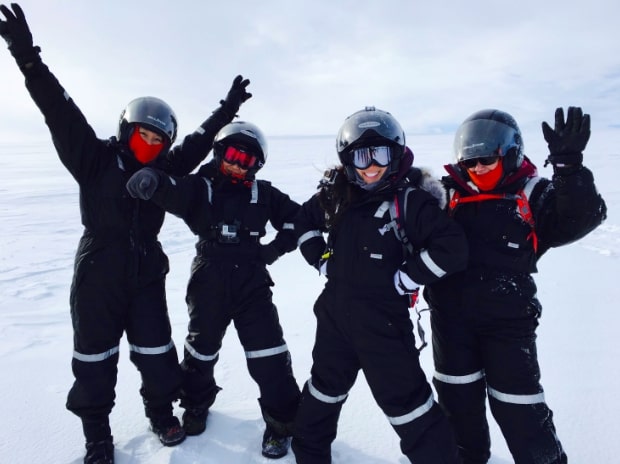Iceland’s eSports scene has been successful since the creation of the Icelandic Esports Association (IEA) in 2018. By replicating the country’s grassroots sporting infrastructure, the IEA has exceeded in the eSports industry by creating a well-organized ecosystem where anyone — not just elite gamers — can socially engage with and enjoy eSports.
If you’re new to this or don’t know too much about the gaming industry, eSports are essentially organized video game competitions where players can choose to compete individually or in teams. In Iceland, the rise of the eSports industry has grown exponentially, with over 20 eSports clubs providing activities and training for over 600 children.
Iceland’s rapidly growing gaming industry has made it a suitable country for hosting the first major LAN events to take place since the outbreak of the COVID-19 pandemic, such as the 2021 League of Legends World Championship, The League of Legends Mid-Seasonal Invitation, and VALORANT’s VCT Stage 2 Masters. Additionally, through their well-funded and deeply structured grassroots landscape, the IEA has provided paid salaries to their coaches and increased their education, ensuring that the eSports infrastructure and service level in Iceland continually expands. But most importantly, having a grassroots-based model to follow has allowed young gamers to become eSports professionals.
The eSports industry wouldn’t be nearly as successful if it weren’t for the support from the city of Reykjavík — Iceland’s capital — and its city council. Together, the IEA and the Reykjavík city council passed a council proposal to help local sports clubs in Iceland open eSports facilities and departments.
Since then, the IEA has been able to achieve quite a lot. These achievements include the country holding one of the highest ratios of self-reported eSport gamers among gamers in the Nordics. More than 3% of kids aged 6-16 attend or are put on a waitlist to attend eSports training, and every 75 kids training in eSports have one educated and paid youth coach and more.
Last year, a collaboration between the IEA and the Social Affairs Ministry provided unemployed Icelanders’ access to free training in eSports coaching. Iceland’s government invested around ISK 10 million ($78,000/€64,000) to implement the coaching course meant to target locals who were in-between jobs specifically. Those who decided to pursue this opportunity would receive a six-month work contract once they’ve completed the training. One of the goals of this collaborative project was to support the growing eSports industry in Iceland and to create permanent jobs for locals.
Having paid eSport coaches who focused on training youth in-person with lectures, goal-oriented gameplay, physical exercises, and in-game drills helped turn negative public perceptions towards gamers and the gaming industry into positive ones. Even parents and communities endorsed these training structures set up for youth.
One of the goals of the IEA is to provide other nations with the necessary guidance to set up eSports gyms with the same value and structure as those in Iceland. They hope to do so by exporting their expertise through a software package.
The IEA has transformed Iceland into a country able to generate talent that produces highly trained gamers to compete at the top level. They’re also reducing the stigma around eSports and making space for young gamers to enter the industry. In doing so, the IEA is showing the world that they, too, can become a leader in eSports game development, publishing, and tournament organizing. Their accomplishments within the last four years have proved that Iceland can become a top-five eSports country in the world by 2025.

